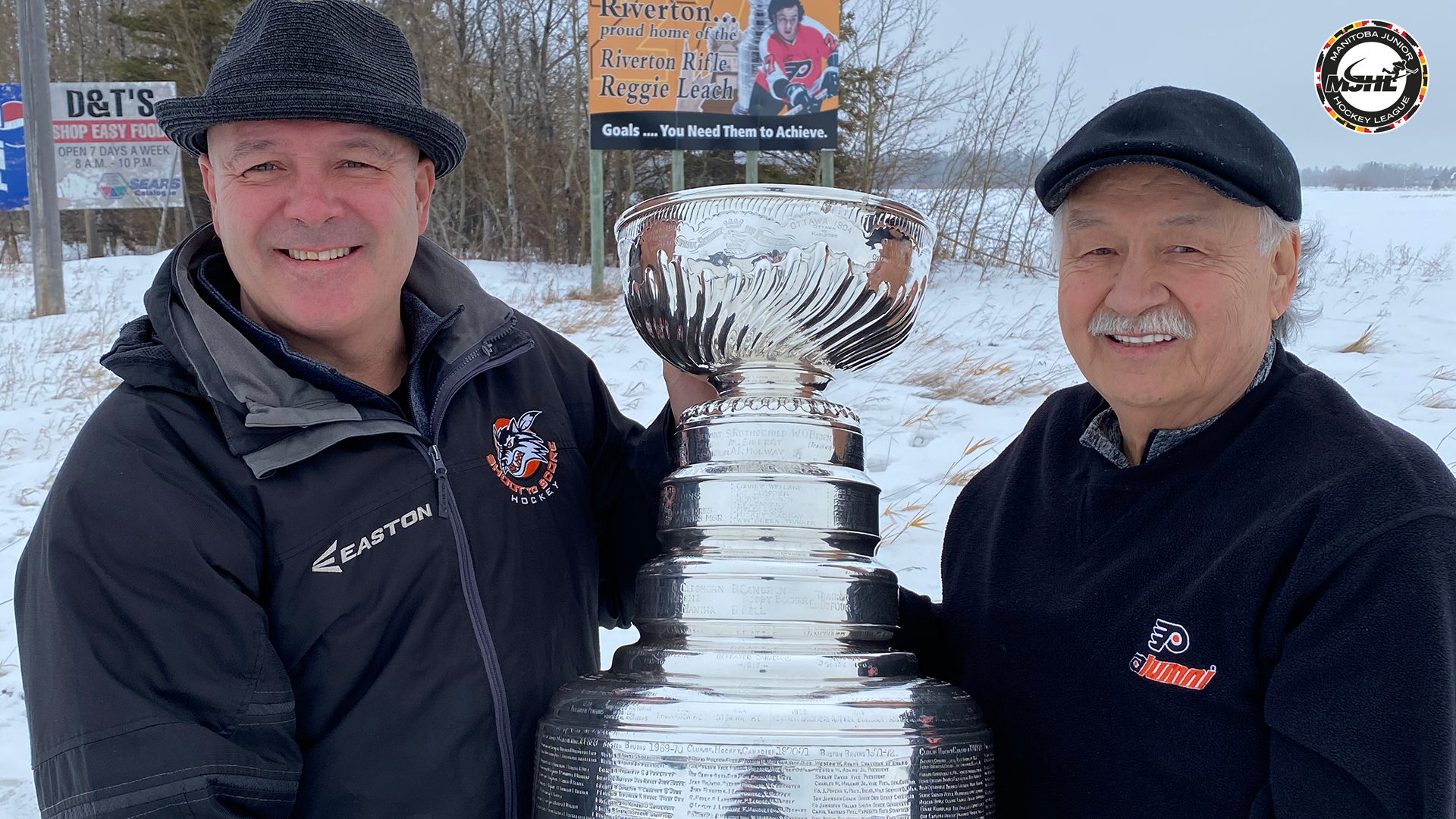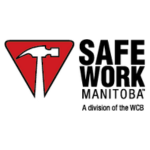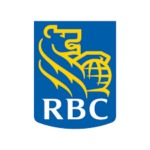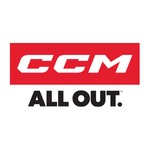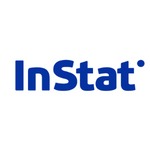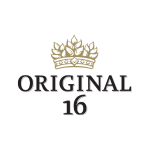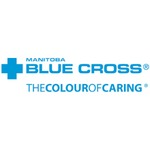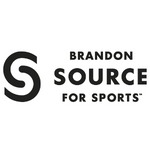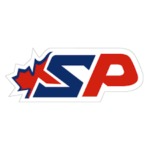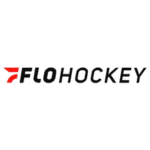By Kyle Prystupa, MJHL Media:
Reggie and Jamie Leach are the only indigenous father-son duo to win the Stanley Cup, they have both lived an exceptional life in hockey through junior and the National Hockey League. Years after the being in the limelight as dedicated professional hockey players, their most virtuous work is being done as coaches and mentors for youth of all ages and backgrounds.
Reggie, father of Jamie, began his junior hockey career as a sixteen-year-old in the Manitoba Junior Hockey League with the Flin Flon Bombers (1966-67). Reggie, who proudly hails from Riverton, MB, still holds a top-ten record for goals scored in a MJHL season with 67 goals. “It was a good year for me, I went there as a defenceman and Pat Ginnell converted me into a forward and I got to play with Bobby Clarke and things turned out really well” comments Reggie about his rookie junior season.
A member of Berens River First Nation, Reggie reflects as was one of the few First Nation players advancing to junior hockey during the era and certainly the lone trailblazer posting such success “just going and playing at a high level that was something for me, and especially for who I was as a First Nation hockey player playing in Manitoba you never heard too much of that at that time in the league or Western Canada.” Following four years of junior in Flin Flon he would go on to become one of the most accomplished Manitobans in the NHL, playing 13 seasons with 934 games played and 381 goals scored. Reggie won a Stanley Cup in 1975 with the Flyers, and the following season after scoring a record 19 playoff goals he won the Conn Smythe Trophy despite the Flyers falling to the Canadiens in the Stanley Cup finals. He would also suit up in the Canada Cup later that summer.
Also a band member of Berens River First Nation, Jamie would follow his father’s footsteps to the National Hockey League where he too would have his time with the Stanley Cup, twice, as a member of the Pittsburgh Penguins in 1991 and 1992. He spent junior years in the Western Hockey League and Ontario Hockey League, Jamie was also named to Team Canada for the 1989 World Junior Hockey Championship in a tournament that featured names like Bure, Fedorov, Mogilny, Selanne, Roenick, and Modano.
Following a professional career of 12 seasons with 5 those spending time in the NHL, Jamie took to coaching immediately. Using his credible background of the game he has become renowned for his ability to develop from the grassroots but also coach high performance athletes. After retiring from playing he began coaching in the MJHL with the Southeast Blades in the 2001-02 season. Significantly improving the Blades in his first season behind the bench he would earn the MJHL Coach of the Year award. After being last place the year prior, under Jamie the Blades tied in points for the final Addison Division playoff spot but lost out on tiebreakers to the Selkirk Steelers.
In his second season the Blades would finish with 41 wins, good for second place in the Addison Division and fourth in the league overall. Southeast would advance all the way to the MJHL finals for a chance at the Turnbull Trophy and an attempt to dethrone the OCN Blizzard. “The 2003 final was one of my proudest hockey moments, being a part of the only league final with two First Nation based teams” says Jamie. Every game of that final would be decided by one goal, two games in overtime, OCN would go onto sweep the series winning their fifth straight league title. “We had a team of about 40% indigenous players, not that we had quotas and that it mattered, all of our players formed a very tight knit group which was a special part of that experience, we were just a unified team” comments Jamie about the Blades success.
As much as they’ve accomplished on the ice Reggie and Jamie are just as proud of the opportunity they have been given to teach children how to grow, how to strive for goals, and simply to give themselves the best opportunity to be an athlete but good citizens. Reggie comments “our hockey schools aren’t just for hockey, we’re there to teach them as much as possible from being on time, being respectful, doing the best they can at all times, and treating everyone the same.” In 2006 the father-son duo formed Shoot to Score Hockey and have visited over 90 locations across North America in that time, with approximately 75% of those being indigenous or First Nation communities, “we’re proud of the exposure we can offer kids in their own communities who can’t always get to major centres easily, each year we are able to reach anywhere from 1500 to 2000 athletes with our program” notes Jamie.
The pair relish the opportunity to visit remote locations and gain life perspective on what daily living is like for many of their camp athletes “you see these kids out there having a good time, meanwhile you’re thinking about what they might be going through with tough times at home or they don’t have enough food at home but they’re out there playing hockey and enjoying the wonderful game that we love with beautiful smiles” says Reggie.
In recognition of his work as an athlete but more so of his contributions after hockey Reggie Leach has been acknowledged in the highest forms. He is a recipient of an honourary degree at Brock University, the National Aboriginal Achievement Award (Indspire Award), the Order of Manitoba, and recently the Order of Canada. “I’m very lucky, if wasn’t for all the First Nation communities and all the work I’ve done with them, I wouldn’t have received all awards I’ve got over the years, it’s unbelievable how things happen” said Reggie. He finishes with “I made a lot of mistakes, but you learn by that and move on, you try to bring that experience to these young kids and young parents, it’s OK to make a mistake but learn from it and move on.”
Throughout each season the MJHL and its member clubs acknowledge that they compete on Treaty 1, Treaty 2, Treaty 4, and Treaty 5 lands, collectively the traditional territories of Anishinaabe, Assiniboine, Cree, Oji-Cree, Dakota, Dene, and Inninnowuk peoples, and the homeland of the Métis Nation. “Once again we’re proud to acknowledge our strong connections to the Indigenous community, as a league we’re excited to highlight the achievements of Indigenous players, coaches, staff, and alumni on this special celebration of culture” adds Kevin Saurette, MJHL Director of Operations.















